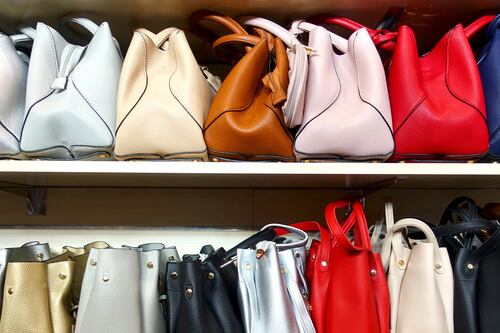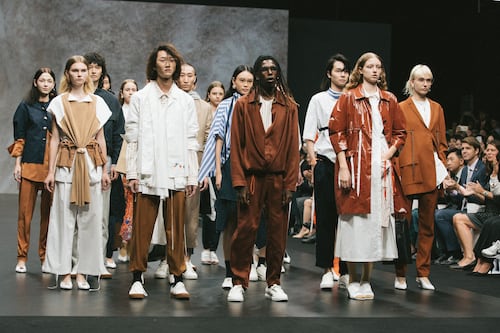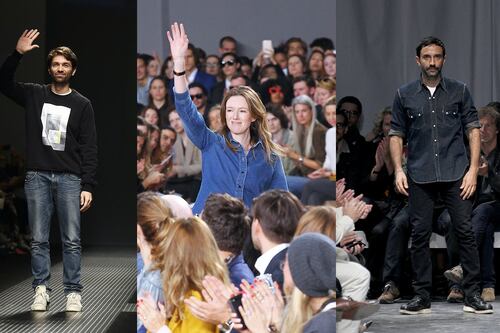Tylenol maker Kenvue beats quarterly profit estimates, to cut 4% jobs
Kenvue beat Wall Street estimates for first-quarter profit on Tuesday, and said it would cut 4% of its global workforce amid the Tylenol and Band-Aid maker’s efforts to expand its key brands.







